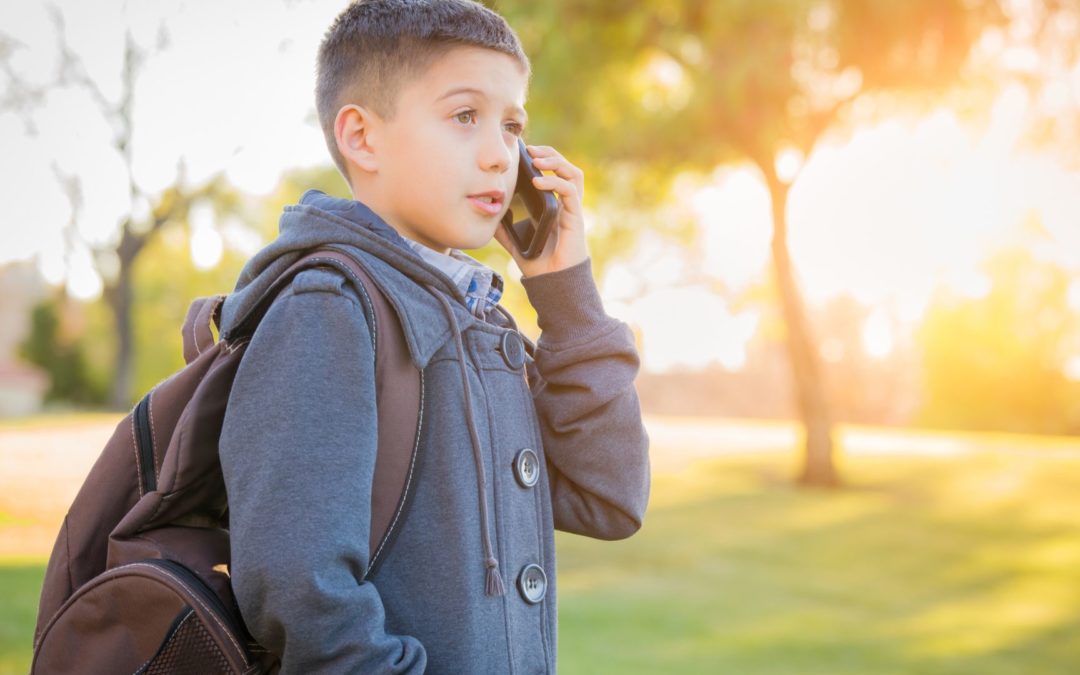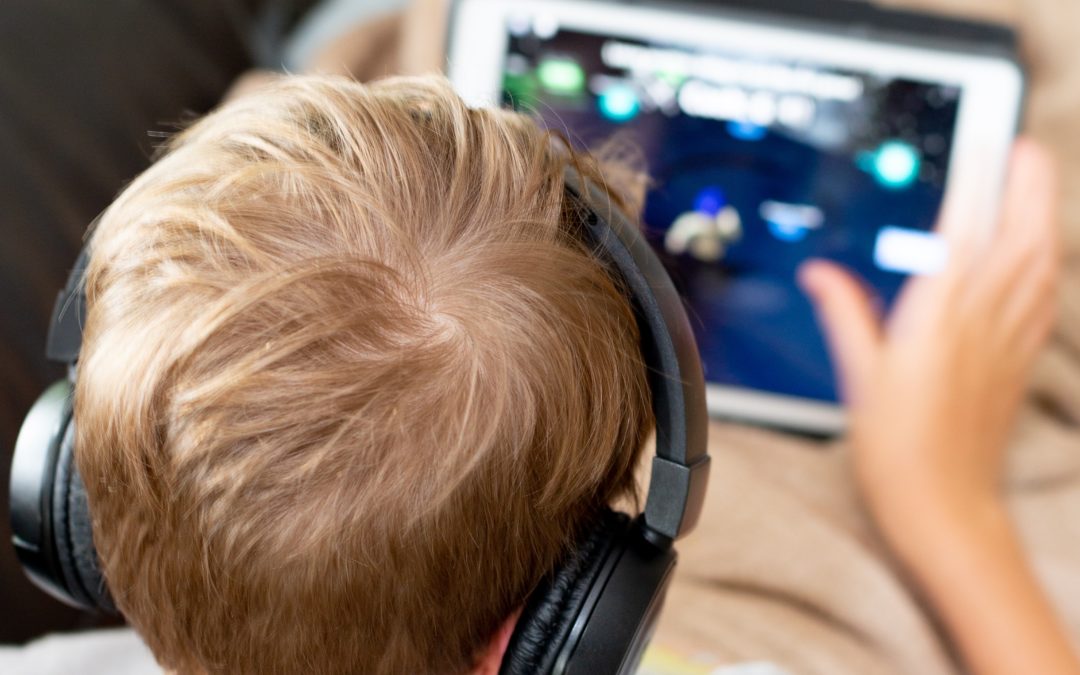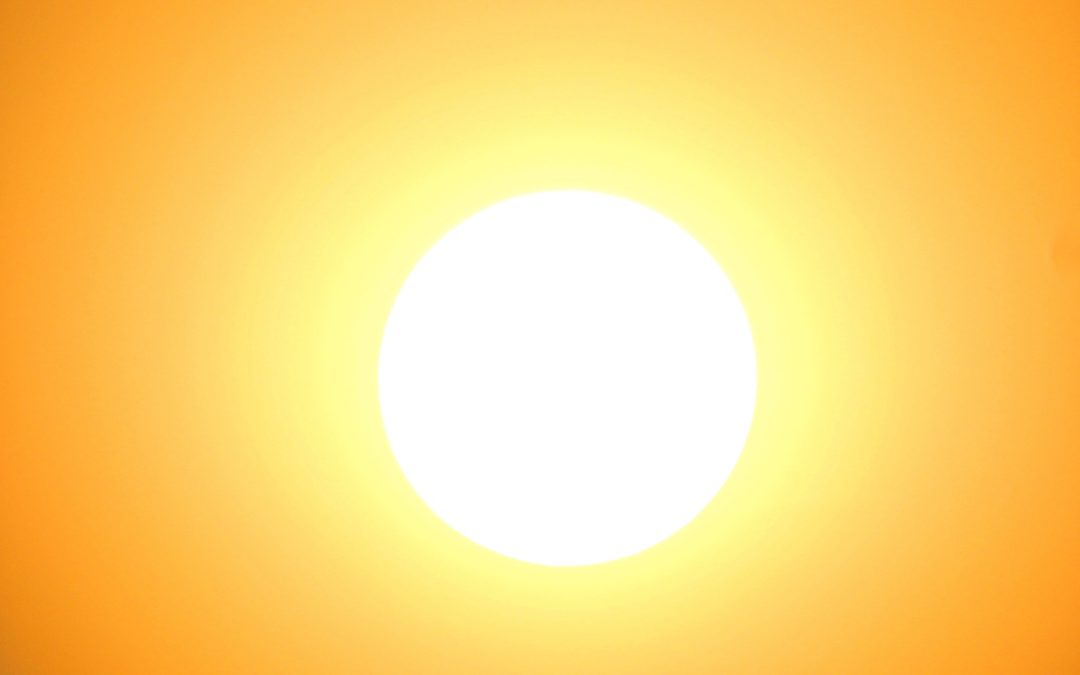Dehydration, heat exhaustion and heatstroke are just three of the dangers of getting too hot. Here is the low down of what they are and how they can be treated. Remember to call 999 in case of a severe emergency
Dehydration is when we lose more fluid than we consume, causing us to lose the vital salt and sugars that our body needs. Did you know that we are made up of more than 2/3rds water
The early warning signs of dehydration are things like feeling very thirsty, lightheaded and tired. Your urine will be darker than usual and smell strongly.
Babies will have a sunken, soft area on the top of their head, they will wee less, be drowsy and no tears will appear when they cry.
Babies, elderly people, people with long term conditions and athletes (water lost through sweat) are most prone to becoming dehydrated.
Heat exhaustion happens when you are dehydrated and get too hot, and your body is unable to naturally adapt or cool itself down. The early signs of heat exhaustion are feeling weak and faint, sweating, dizziness, headaches and vomiting.
Heatstroke (hyperpyrexia) is an illness which develops when your body temperature rises over 40degrees. It is actually life threatening and claims lives every year. When heatstroke comes about, the body tries to store up as much water as possible and so one of the more noticeable symptoms is that you will stop sweating.
As heatstroke sets in, other symptoms take hold, such as confusion, disorientation, Hyperventilation, fainting, seizures, muscle cramps and vomiting.
Treatment
The best way to treat dehydration is by drinking more. The recommended drinks are things like water, squash, juice (slightly diluted) and semi-skimmed milk.
When dehydrated, the body looses vital salts and sugars, so a sweet drink and a salty snack will help.
For young children it is recommended that they are given diluted juice, squash or a re-hydration soluble solution available in supermarkets and pharmacies.
Following symptoms like diarrhoea and vomiting it is still important to keep the person drinking even if it’s little and often.
In the case of severe dehydration it is important that you consult a doctor.
For those suffering from heat exhaustion, it is imperative that they sit in a cold room or in the shade where it is cool and comfortable to rest in. A thirst quenching, sweet drink should be consumed. It is best to stay away from alcohol and caffeine as they will make you more re-hydrated.
Cool down: As the body is overheating a cool shower or wet cloth to the skin will help to lower temperatures. Loosen the clothes to allow for ventilation.
In severe cases of heat exhaustion see a doctor.
For someone with heatstroke, it is vital that they got cool quickly.
They should move into a cool place (which should be made as cool as possible by using a fan, opening a window/closing a blind.
Avoid giving the person any medication e.g. Paracetamol and Asprin, ensure that they continue to drink.
Cool them down with cool water which can be applied by using a material e.g. cloth, flannel or towels.
Consult your doctor in the extreme case of heatstroke. Some instances can result in seizures at which point remember to move hazards out of the way so that they don’t injure themselves and do not put anything in their mouth.
In case the individual looses consciousness. Ensure that you put them in the recovery position and call 999.








